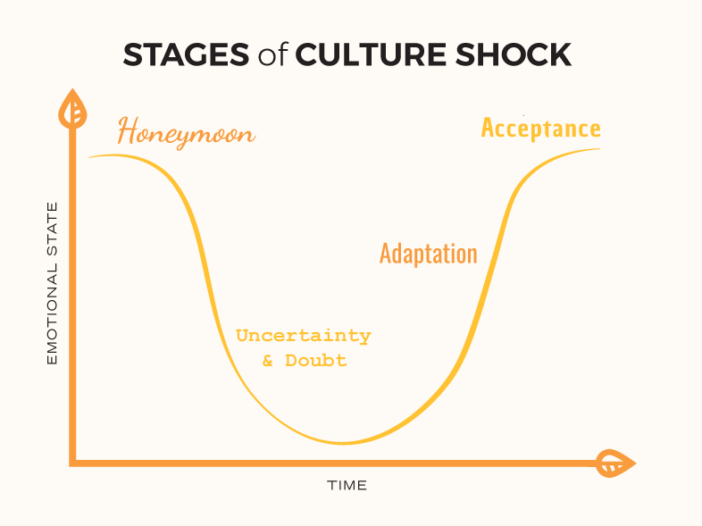How Cultural Differences Affect Intercultural Communication
Implicit Cultural Tests and their Impact on Intercultural Communication
When I examine Ireland’s culture, I should understand how my prejudices and stereotypes present challenges for intercultural communication (Samovar, 2017, pp.391-392). Larry Samovar, author of Communication Between Cultures, claimed that when people interact with other cultures, they should “[make] an extra effort to appreciate and understand those [cultural] differences” (Samovar, 2017, p.388). This idea framed intercultural communication as a conflict between pre-determined biases and cultural respect (Samovar, 2017, p.391-392). For example, I took the Religion and Gender-Career Implicit Attitude Tests because I wanted to understand how my views on family, gender, careers, and religion would affect my cross-cultural interactions with an Irish citizen (“You Have Completed This Study”). Because of these tests, I recognize that if I traveled to Ireland, I may share their attitudes about traditional gender and familial roles, but reject their notions about the role of religion in everyday life (“You Have Completed This Study”). I will overcome this “cultural shock” by learning more about the influence of religion in Ireland, and its impacts on Irish culture (“Irish Culture;” Samovar, 2017, p.385). I will practice “acculturation” by limiting my biases and avoiding ethnocentrism when I examine Ireland’s cultural customs (Samovar, 2017, p.385). These solutions will allow me to understand my assumptions and their effects on intercultural communication in Ireland (Samovar, 2017, pp.391-392).
 |
| U-Shaped Model of Culture Shock |
Intercultural Ethics and Its Impact on Intercultural Communication
Although
America and Ireland share similar cultural communication beliefs, Americans may
misinterpret Irish communication customs, which leads to intercultural
communication conflicts (Samovar, 2017, p.403). Samovar asserted that when
people communicate with other cultures, they should “adjust [their] messages to
the person and [social] context [and they should] be self-aware of how [their]
messages [affect] the other person” (Samovar, 2017, p.403). This idea suggested
that people should practice cultural and personal awareness when they engage in
cross-cultural communication (Samovar, 2017, pp.403, 405). For example, if I
discuss the issue of abortion with someone from Ireland, I recognize that while
we share similar cultural beliefs about human life, we may have different
opinions about the legality
and morality of abortions (Samovar, 2017, pp.403, 405; Roche, 2018).
Because of these differences in beliefs, I should practice respecting our
cultural differences while looking for “similarities that unite [Americans and
Irish citizens]” (Samovar, 2017, p.404). To overcome intercultural
communication conflicts between myself and an Irish citizen, I can practice self-awareness
and understand how my actions affect cross-cultural communication (Samovar,
2017, p.406).
 |
| "Irish Diaspora Center of Philadelphia" Cultural Parade |
Overcoming Obstacles to Effective Intercultural Communication
While I may
not travel to Ireland, I can use specific cultural communication strategies
that prepare me to communicate with someone from Ireland in the United States
(Samovar, 2017, p.403). Samovar argued that because of globalization and
multiculturalism, people “need to recognize [their] individual roles within the
world and hold [themselves] accountable for [their] own actions” (Samovar,
2017, p.406). This idea framed self-awareness as a tool that people use to
improve their intercultural communication interactions (Samovar, 2017, p.406).
For example, if I communicate with someone from Ireland in the United States, I
may face cultural barriers, such as a difference in communication styles (e.g.,
the use of humor in conversations) (“Irish Culture, 2022”). Because of these
barriers, I should practice finding cultural similarities between me and my
Irish counterparts, such as a shared history or cultural customs (Samovar,
2017, pp.403-404). I can engage with Irish cultural traditions in the U.S. by researching
more about Irish culture and its impacts on their beliefs and values (Samovar,
2017, p.385). By educating myself about Irish culture and understanding the
similarities between Ireland and America, I can improve my intercultural
communication interactions with an Irish citizen (Samovar, 2017, p.403).
Comments
Post a Comment